From the Principal
Dr Andrew Parry

From the Principal
Dr Andrew Parry
Over the past couple of weeks we have had some outstanding presentations and exhibitions of students’ work in the DPA. Firstly, there was the Visual Arts and Textiles Showcase, a superb exhibition of our Year 12 students' Major Works. Our practical and creative skills are certainly a strength of Kinross Wolaroi as evidenced every year with our very strong academic results – last year we had two textile students in the Top 10 in NSW and Michelle Hayes topped the State.
Once again the variety of media, level of creativity, attention to detail and the artistic skill were excellent and I have no doubt the Class of 2024 will again achieve outstanding results.
Congratulations to our Visual Arts and Textiles students and to their marvellous teachers Mr Orme-Smith, Ms Wansey and Mrs Chandler.


Last Thursday evening many of you got to see the excellent Year 9 Science projects that were in here on display. Some very creative and innovative projects designed to protect the many endangered species from around the world. It was fabulous to see the high quality of work and the level of care and thought that had gone into these projects.
To all involved, well done, and to your teachers and Mr McLennan, the Head of Science – thank you for providing such an opportunity to promote the study of Science and the quality of our students’ work.

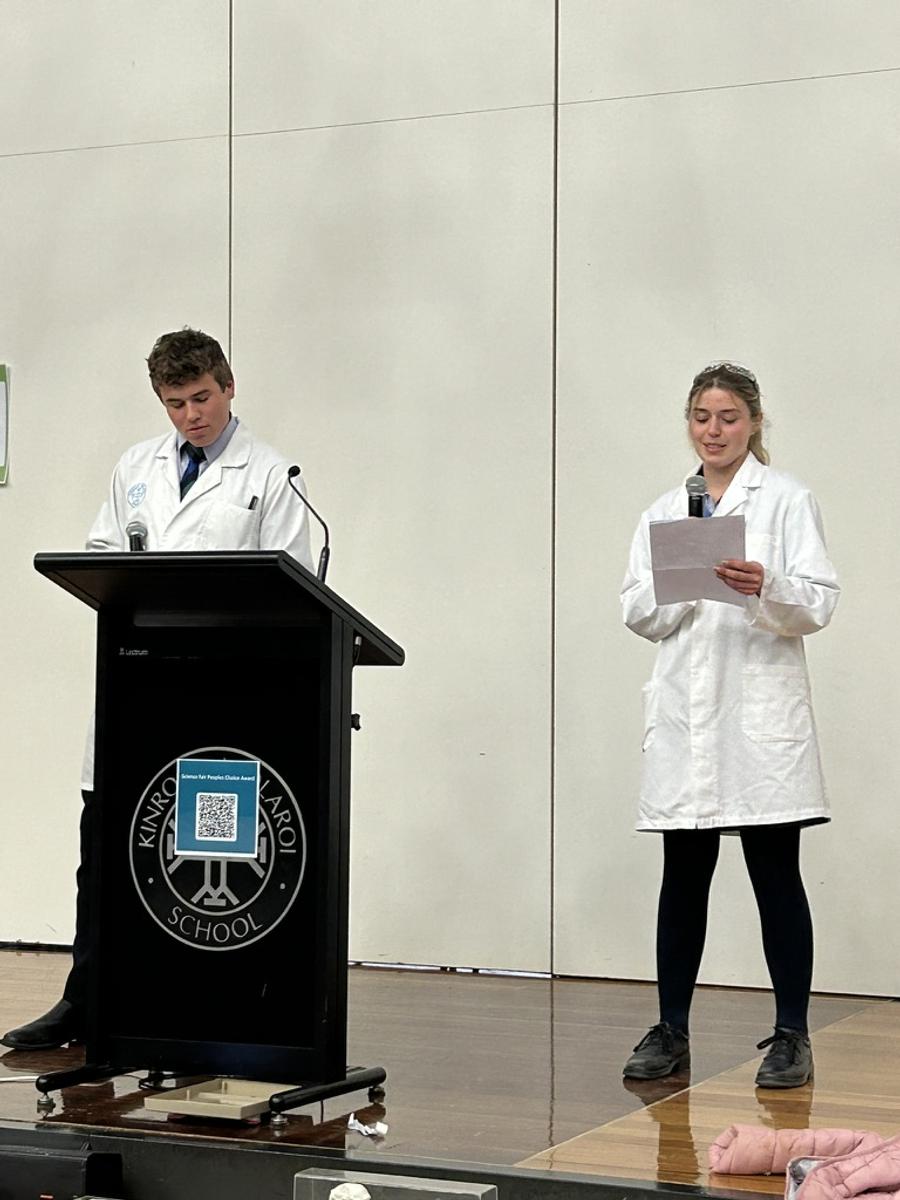
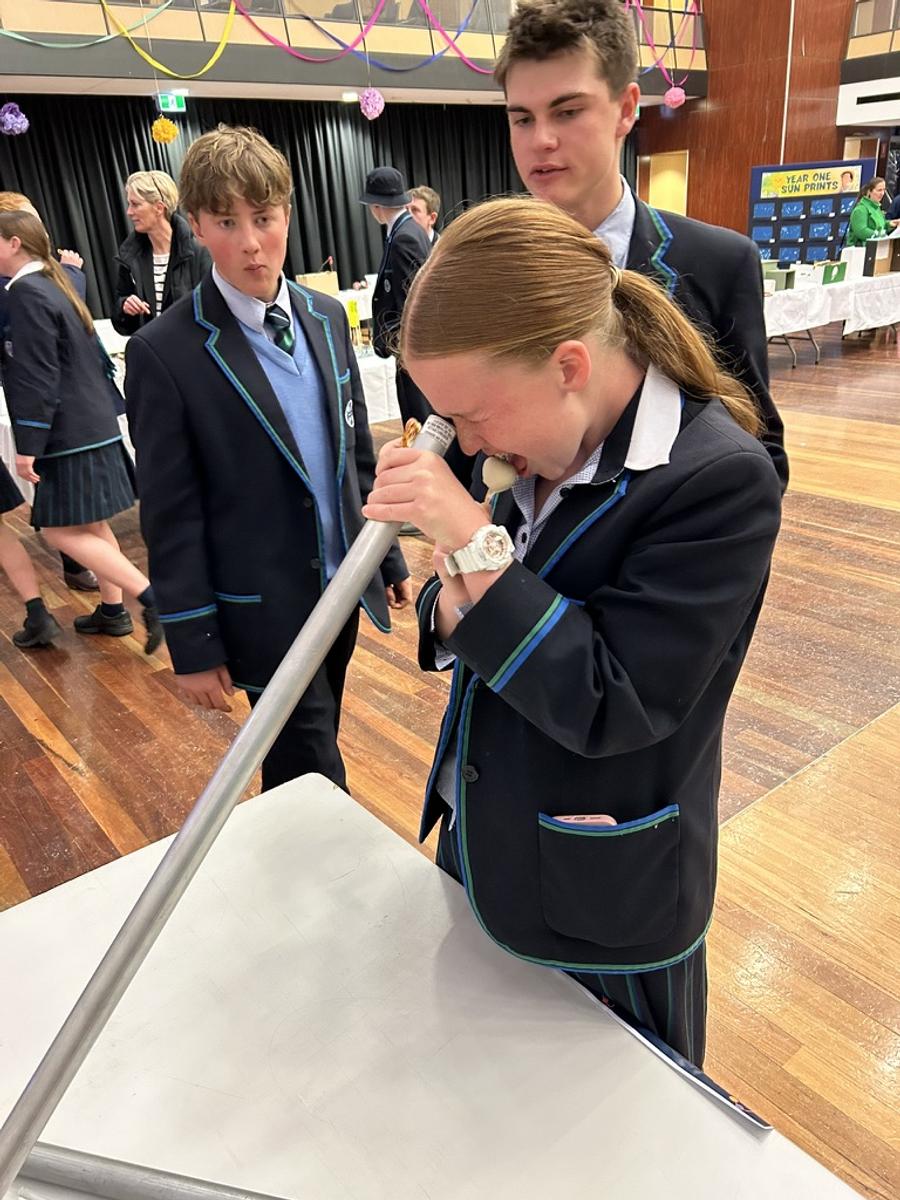





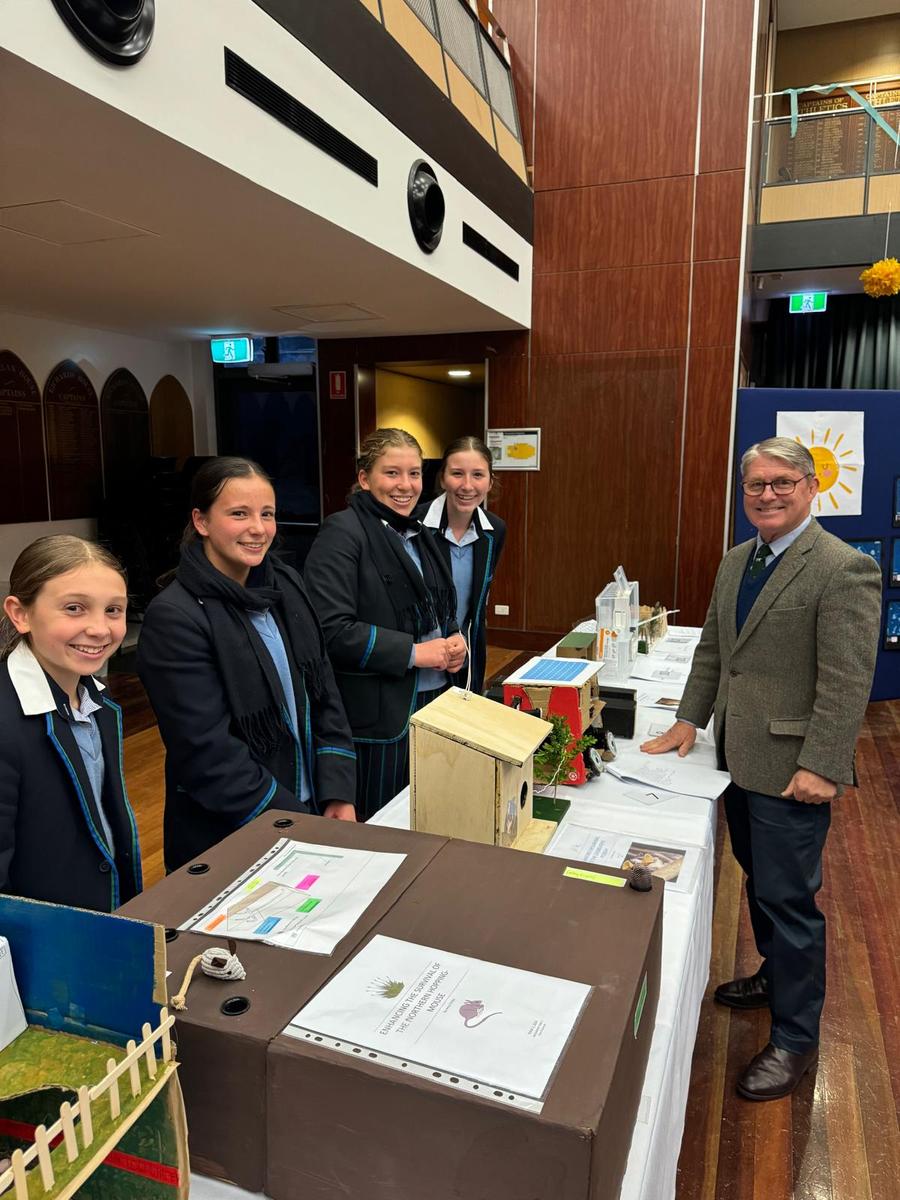









I would like to thank and congratulate our Boarding community for their generous support and efforts to raise awareness about the serious issue of domestic violence faced by many in our community.
This year alone 44 women have been killed by violence in Australia – one every five days – a truly shocking and appalling statistic.
Our Boarders raised over $1,000 and then in small groups went into town with $50 each tasked with collecting items such as a handbag and personal items such as toiletries, each group returning with a support package ready to donate to a survivor escaping violence at home.
Thank you to all involved and especially Emily Zell who proposed and drove this valuable initiative. Well done!On Sportsmanship ...


No doubt many of you enjoyed watching some of the events at the Paris Olympic Games. There have been many remarkable feats of athleticism and some wonderful performances from our Australian Olympic Team. The Paris Games have been Australia’s most successful Olympic competition since the Modern Games started in 1896.
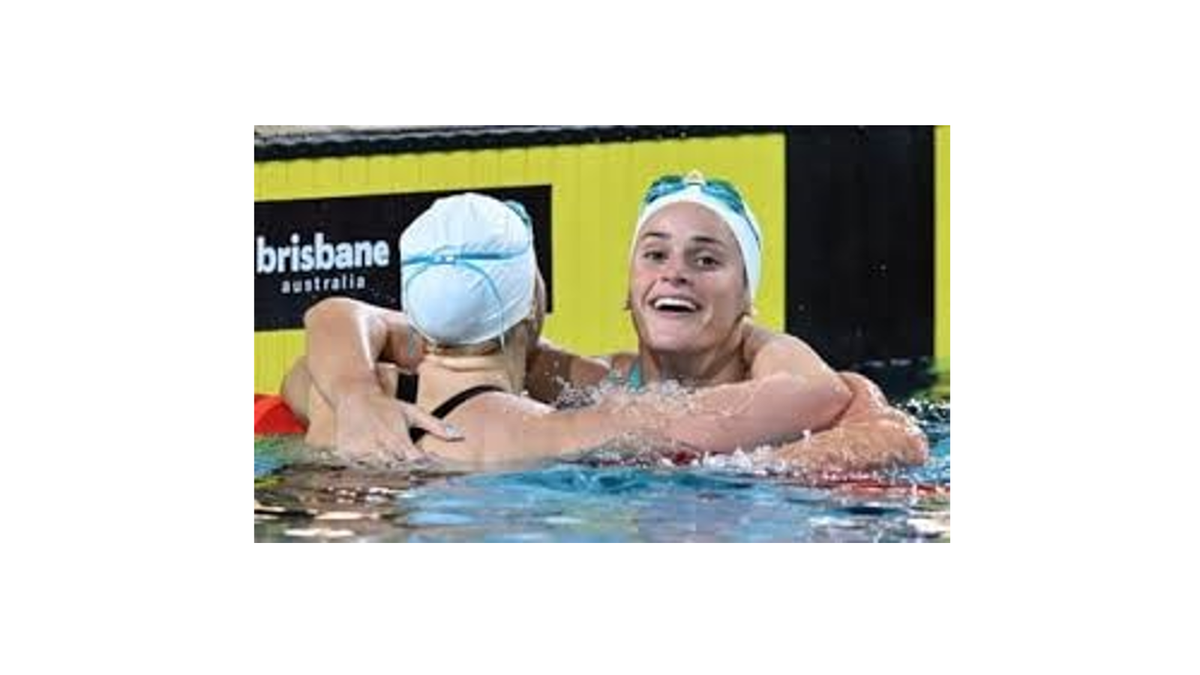

As impressive as the athletic feats have been by our Australian competitors, what has stood out to me has been their humility, good grace and respect for their opponents. Whether they have won or lost they have been models of good sportsmanship, they have been humble and gracious.
Demonstrating good sportsmanship is more than adhering to the rules, it’s about respect for others, maintaining integrity, and demonstrating a character that will earn you the admiration and respect of others, not just in the moment, but throughout your life.
Sportsmanship is a quality that is not only valued in sport but in every aspect of life.
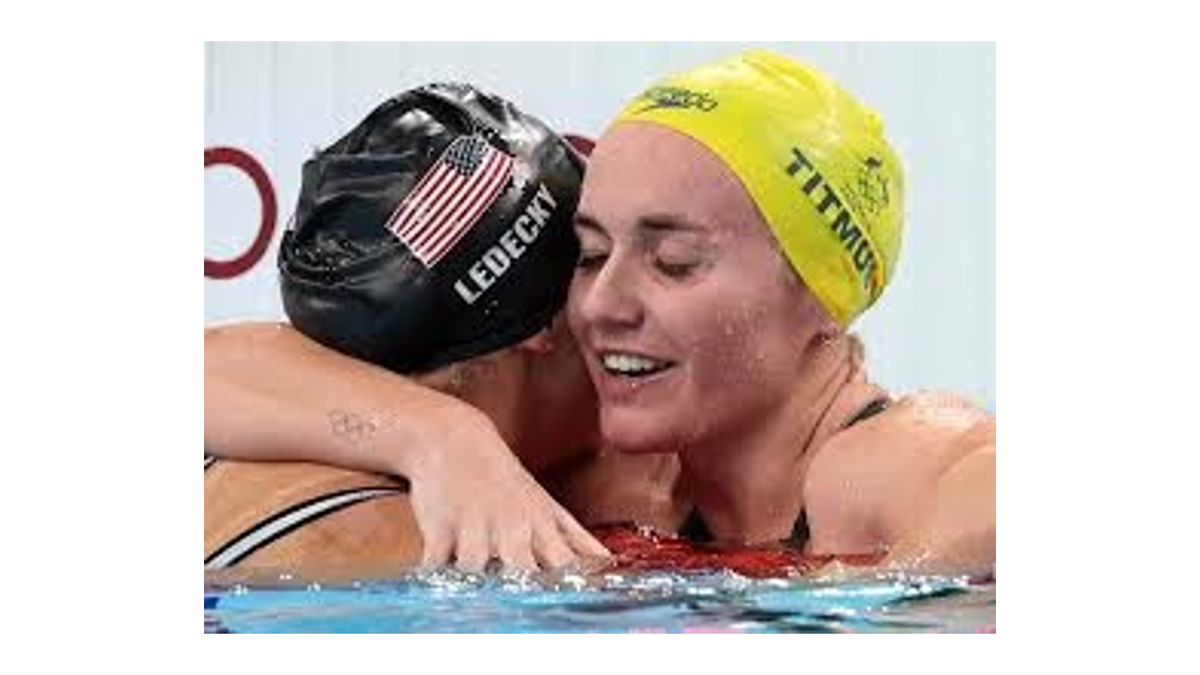

It is about being gracious in victory and dignified in defeat.
It is about recognising that the true spirit of competition lies not in defeating your opponent but in pushing yourself to be the best you can be while encouraging others to do the same.
This kind of character is not just respected – it is cherished.
And it is something that will endear you to others in ways that go far beyond the scoreboard.
The Olympic Games are a global symbol of unity and excellence and have given us some of the most remarkable examples of sportsmanship in history.
These moments remind us that the true value of sport lies not just in winning medals but how we treat each other in the pursuit of excellence.
I’d like to share three examples of fine sportsmanship and great character demonstrated in different eras of the modern Olympic Games that have resonated with me.
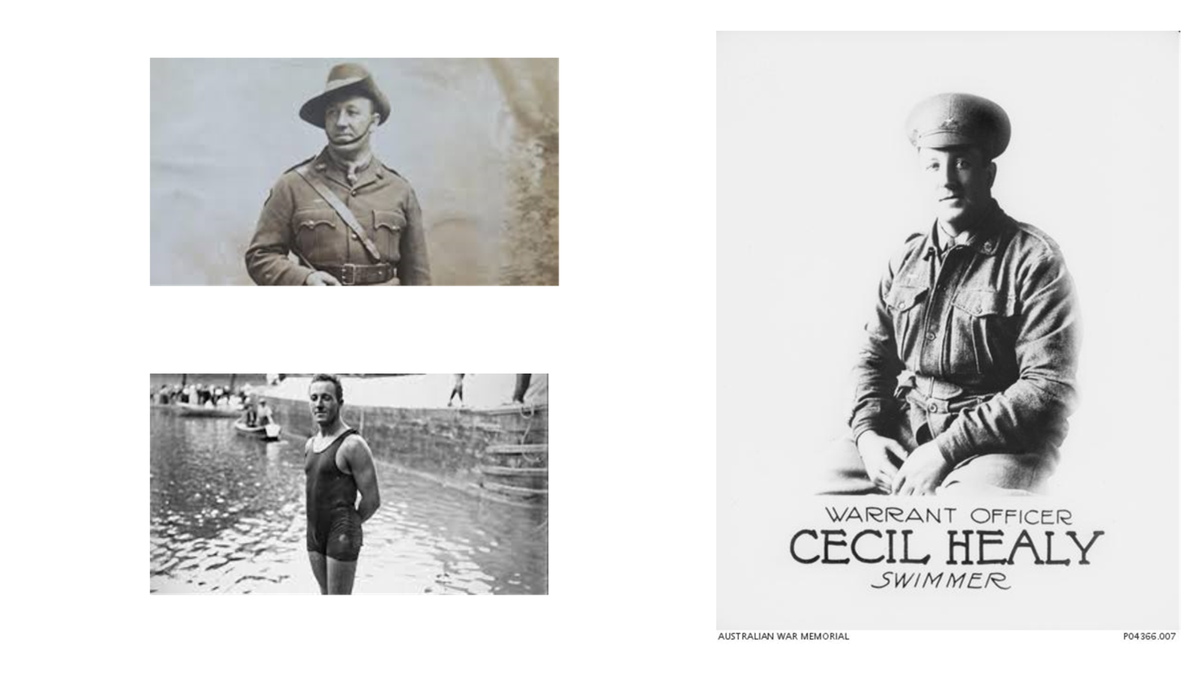

Firstly, the story of Cecil Healy, an Australian swimmer who competed in the 1912 Stockholm Olympics. He was ranked second fastest in the world and had already won Gold in the relay. He was not just a talented swimmer, he was a person of immense integrity.
Healy was in a unique position to secure a second Gold Medal in the 100 metre freestyle but there was an issue, his chief competitor, Duke Kahanamoku of the United States, missed the qualifying heat due to a scheduling mix-up.


Rather than take the easy win, Healy argued with the Games’ officials that Kahanamoku should be allowed to compete in the final. His argument was successful, and Kahanamoku went on to win the Gold medal, with Healy taking Silver.
Healy’s actions exemplify integrity and fairness, he understood that a victory gained without fair competition was a hollow victory.
Healy’s decision to put sportsmanship above personal gain is a powerful reminder that integrity is more valuable than any medal.
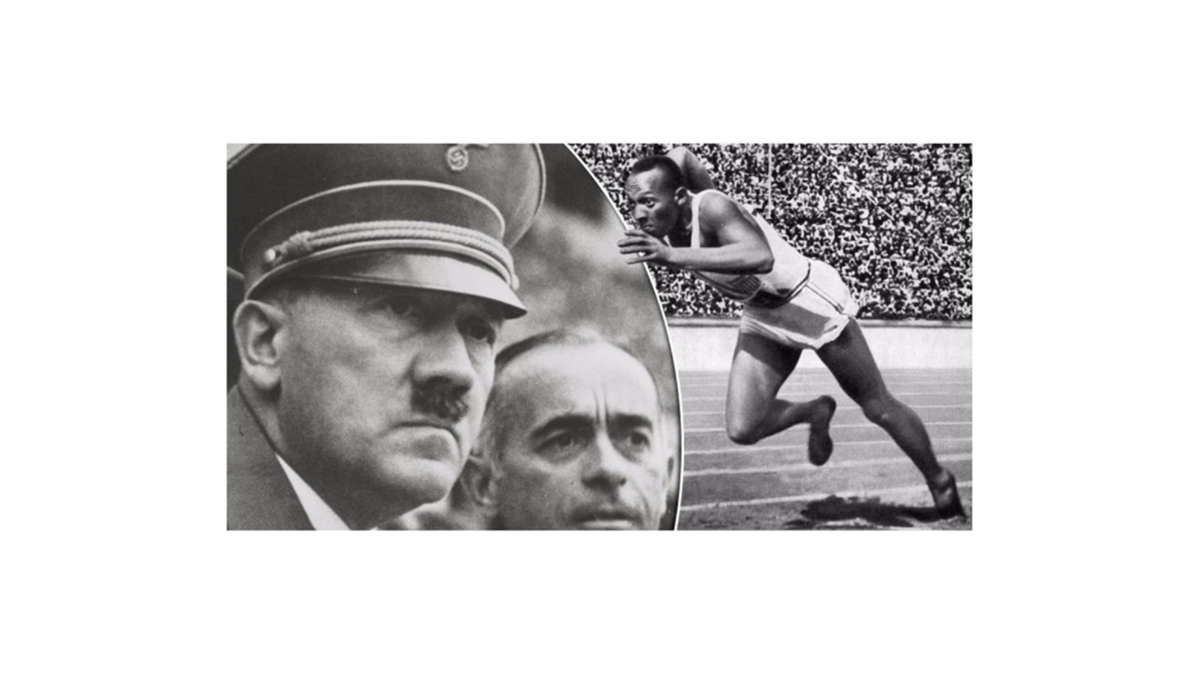

My second example comes from the 1936 Olympic Games held in Berlin.
The political climate at the time was charged, with Adolf Hitler using the Games to promote his Nazi regime and his belief that the white Germanic race was superior to all others.
The African American and World Champion athlete Jesse Owens faced immense pressure and prejudice as he competed.
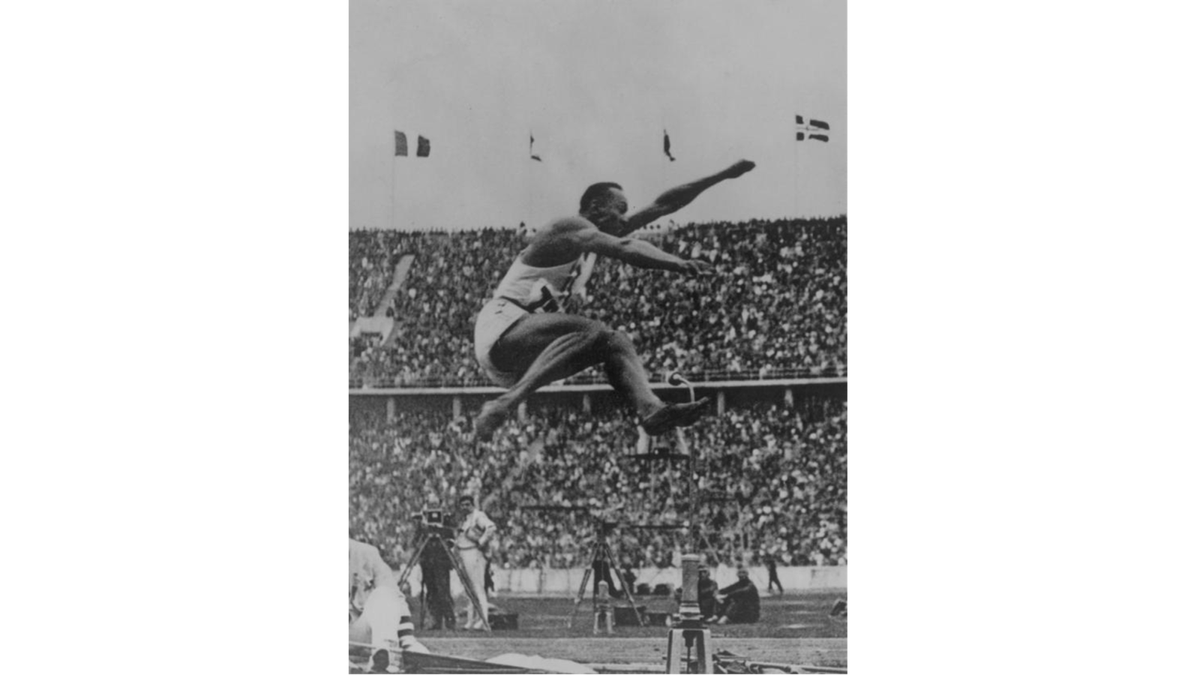

In the long jump event, Owens fouled on his first two attempts and was in danger of being eliminated.
It was then that Luz Long, a German athlete and Owens’ main competitor, approached him. Long suggested that Owens adjust his take-off point to avoid fouling again.
Owens took his advice, made a successful jump, and went on to win the Gold medal, while Long secure Silver.
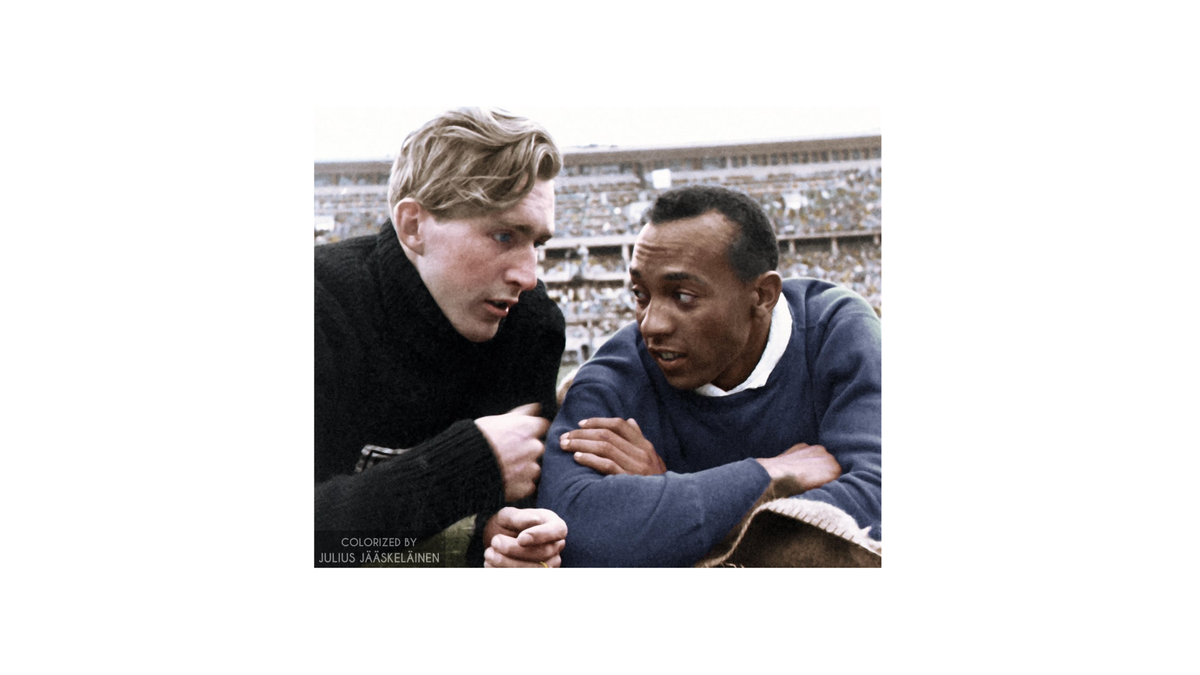

Despite the high political tensions and the fact that they were competing against each other, Long and Owens walked arm in arm around the stadium after the event. A powerful image of friendship and respect that transcended race, nationality and politics and one that angered the Nazi authorities and Adolf Hitler.
Long’s act of kindness and sportsmanship is a timeless example of the power of respect and friendship in sport.
Jesse Owens finished the 1936 Berlin Games with four Gold medals, having won the 100m, 200m, Long Jump and as a member of the 4x100m relay team.
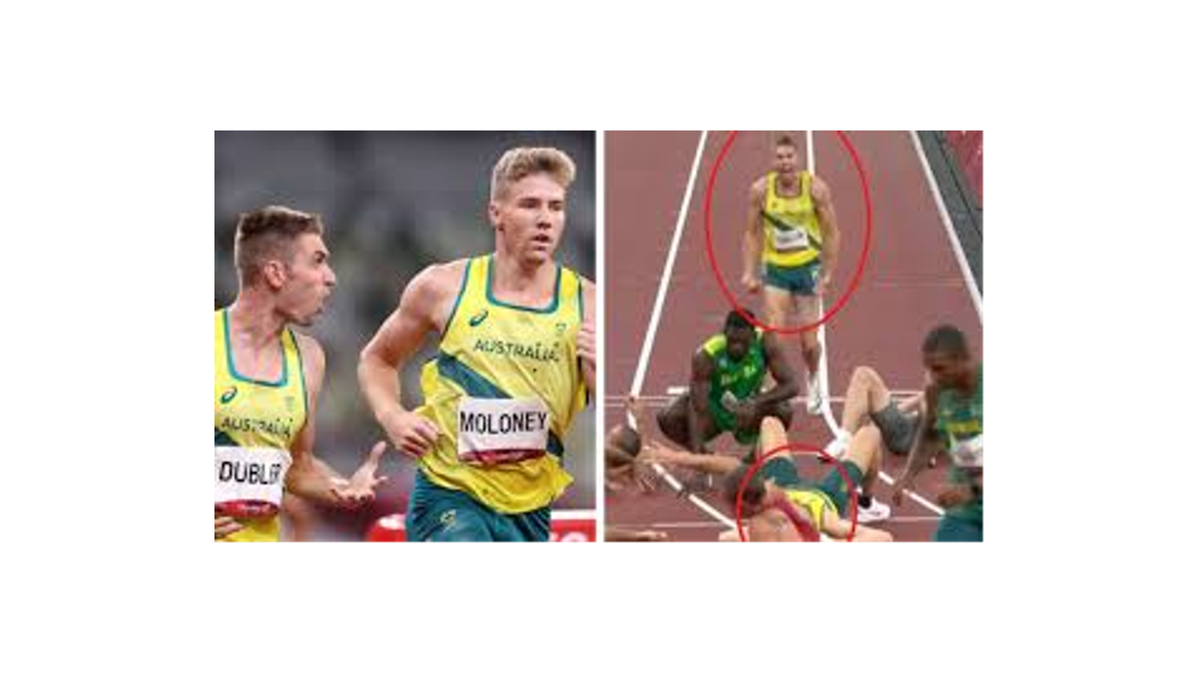

And finally, we have the inspiring example from the 2020 Tokyo Olympic Games, where the Australian decathlete, Cedric Dubler, demonstrated extraordinary sportsmanship.
Dubler was competing in one of the most gruelling events, the decathlon, which tests an athlete’s endurance and skill across ten different disciplines.
Despite his own fatigue and struggles, Dubler noticed his teammate, Ash Moloney was in contention for a medal.


Instead of solely focusing on his own performance, Dubler chose to support Moloney by running beside him and cheering him on during the final event, the 1,500 metres.
Dubler’s encouragement and support helped Moloney secure the bronze medal, Australia’s first ever medal in the decathlon.
Dubler’s actions show that true sportsmanship involves selflessness and the ability to lift others up, even when you are struggling yourself.
It is a reminder that in life, as well as in sport, we achieve more when we support each other.


Dubler’s act saw him receive the Australian Olympic Committee’s Special Award for Outstanding Sportsmanship at an Olympic Games – an award named after Cecil Healy who I referred to earlier.
These stories from the Olympics are not just tales of competition, they are lessons in life.
They remind us that the true measure of an athlete is not just in their physical prowess, but in their character.
Good sportsmanship is about far more than the game – it’s about who you are as a person.
It is about how you treat others, how you handle victory and defeat, and how you carry yourself both on and off the field.
In our sport at Kinross, and indeed through your lives, strive to be competitors who play fair, who support one another, and who respect both their teammates and opposition.
In doing so, you will not only earn the respect of others, you will also build a legacy of integrity and sportsmanship that will follow you long after the competition is over.


As a sad footnote to the stories I have shared today. Cecil Healy went on to serve in World War One and was killed in France only months before the war was over.
And Luz Long was conscripted to fight for the Germans and was also killed as the Americans took Italy in the last year of World War II.
Banjo Paterson Writing Award
Lulu Clinton (Year 11) has placed second in the National Banjo Paterson Writing Awards. There were over 200 entries from around Australia with the winners being announced at the Orange Readers and Writers Festival on Saturday, 3 August. Lulu’s Second Prize was in the ABC Children’s Award Category for her story Artistic Imitations, an intriguing story blending art and murder.